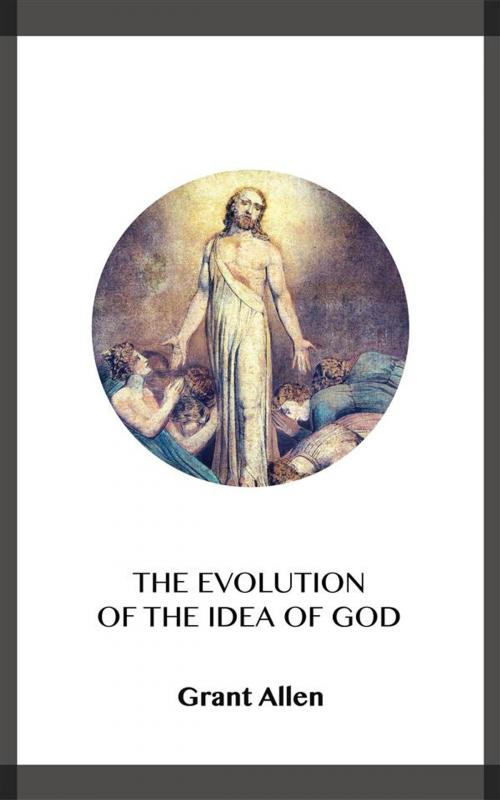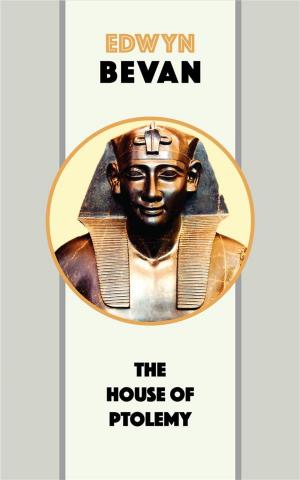The Evolution of the Idea of God
Nonfiction, Social & Cultural Studies, Social Science, Sociology, Marriage & Family, Religion & Spirituality, Philosophy, Metaphysics| Author: | Grant Allen | ISBN: | 9788828370635 |
| Publisher: | Blackmore Dennett | Publication: | August 7, 2018 |
| Imprint: | Language: | English |
| Author: | Grant Allen |
| ISBN: | 9788828370635 |
| Publisher: | Blackmore Dennett |
| Publication: | August 7, 2018 |
| Imprint: | |
| Language: | English |
Two main schools of religious thinking exist in our midst at the present day: the school of humanists and the school of animists. This work is to some extent an attempt to reconcile them. It contains, I believe, the first extended effort that has yet been made to trace the genesis of the belief in a God from its earliest origin in the mind of primitive man up to its fullest development in advanced and etherealised Christian theology. My method is therefore constructive, not destructive. Instead of setting out to argue away or demolish a deep-seated and ancestral element in our complex nature, this book merely posits for itself the psychological question, “By what successive steps did men come to frame for themselves the conception of a deity?”—or, if the reader so prefers it, “How did we arrive at our knowledge of God?” It seeks provisionally to answer these profound and important questions by reference to the earliest beliefs of savages, past or present, and to the testimony of historical documents and ancient monuments. It does not concern itself at all with the validity or invalidity of the ideas in themselves; it does but endeavour to show how inevitable they were, and how man’s relation with the external universe was certain a priori to beget them as of necessity.
Two main schools of religious thinking exist in our midst at the present day: the school of humanists and the school of animists. This work is to some extent an attempt to reconcile them. It contains, I believe, the first extended effort that has yet been made to trace the genesis of the belief in a God from its earliest origin in the mind of primitive man up to its fullest development in advanced and etherealised Christian theology. My method is therefore constructive, not destructive. Instead of setting out to argue away or demolish a deep-seated and ancestral element in our complex nature, this book merely posits for itself the psychological question, “By what successive steps did men come to frame for themselves the conception of a deity?”—or, if the reader so prefers it, “How did we arrive at our knowledge of God?” It seeks provisionally to answer these profound and important questions by reference to the earliest beliefs of savages, past or present, and to the testimony of historical documents and ancient monuments. It does not concern itself at all with the validity or invalidity of the ideas in themselves; it does but endeavour to show how inevitable they were, and how man’s relation with the external universe was certain a priori to beget them as of necessity.















